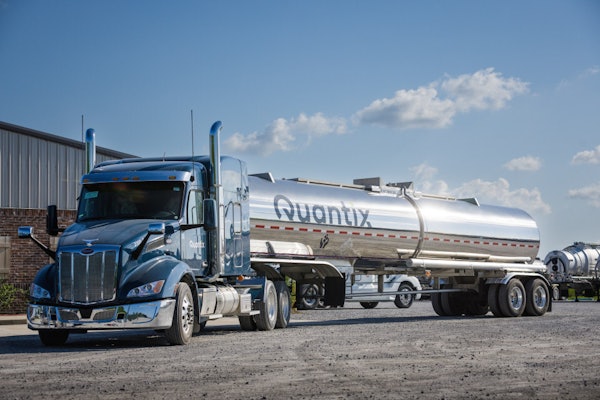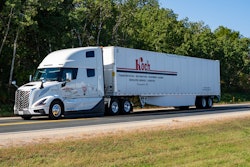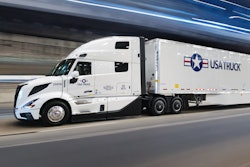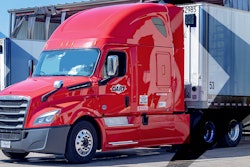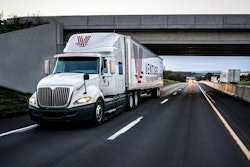The American Trucking Associations has announced its support for legislation introduced by Sens. Conrad Burns (R-Mont.) and Mark Pryor (D-Ark.) that will ease the transition of military veterans to civilian jobs and provide a partial solution to the nation’s truck driver shortage. Known as the Veterans Employment Training Act of 2006, S.2416 would add trucking to the list of industry sectors for which servicemen and women moving to the civilian job market could receive expedited financial aid.
“A number of these sectors face a critical shortage of employees now or will do so in the near future and are anxious to attract veterans to their professions,” Burns says. “The modest change that I am proposing will help provide needed workers to these and other industries.”
Under the current Montgomery GI Bill, the Veterans Administration covers up to 60 percent of the cost of some educational benefits to make short-term, high-cost training programs more attractive to veterans. However, these lump sum benefits currently are available only to veterans pursuing high-tech occupations. The Burns-Pryor legislation would add trucking to the list that now includes construction, hospitality, financial services, energy, homeland security and health care.
“The men and women leaving the Armed Forces have all the motivation and tools to move successfully from the military into many areas within our industry,” says Bill Graves, ATA president and chief executive officer. “We appreciate the leadership of Senators Burns and Pryor for supporting expedited training and transition incentives for them and urge other members of the Senate to support their initiative.”
The long-haul, heavy-duty truck transportation industry in the United States currently is experiencing a national shortage of 20,000 truck drivers. According to ATA, that shortage of long-haul truck drivers could increase to 111,000 by 2014 if current demographic trends stay their course and if the overall labor force continues to grow at a slower pace.
“In Arkansas, we have soldiers returning from Iraq and Afghanistan who are having a hard time finding work, and we have sectors, such as the trucking industry, that are expecting phenomenal growth over the next few years,” Pryor says. “Our bill opens a door to help veterans find high-paying jobs, and it provides qualified employees to help companies fill these jobs. It’s a win-win solution for our veterans, businesses and the economy.”




